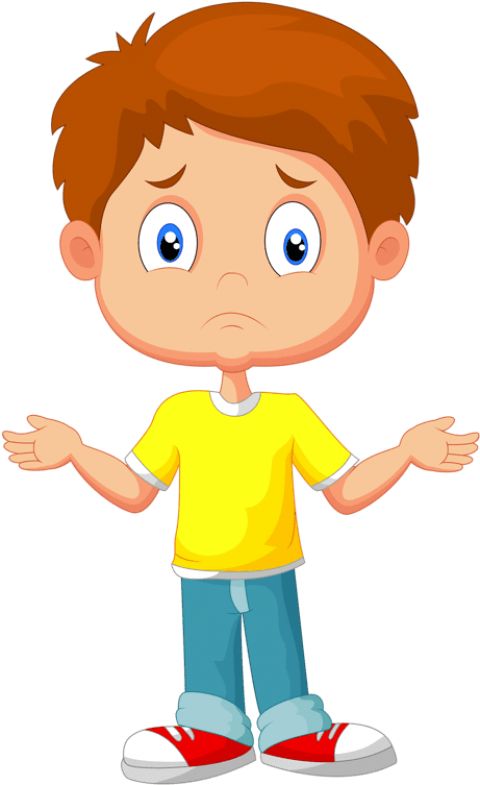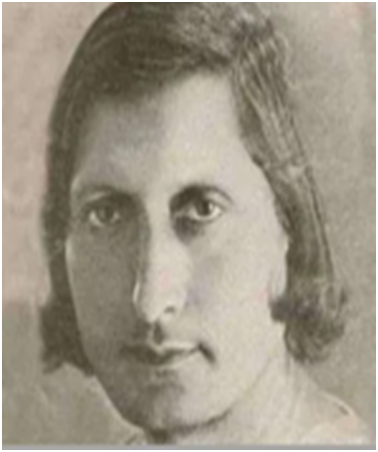Poem-4
Childhood
By Markus Natten

Childhood Poem Introduction
Marcus Natten is the author of Childhood. The poet reflects on his lost childhood in this poem. He reflects on the moment when he lost his innocence and realised that the world was not what he thought it was. He recalls a time when his thoughts changed and he became aware of the hypocrisy of those around him. He eventually came to terms with the idea that his childhood had vanished and was now hidden in the face of a innocent infant.
Childhood Poem Summary
The poet wonders in the poem when he lost his childhood and innocence. He became aware that he no longer sees the world as he once did, and he can recognise hypocrisy in others. He recalled numerous occasions in his life when he could have lost his childhood. He wondered if it was the day he stopped being eleven, or if he realised Hell and Heaven didn't exist in this world and couldn't be found in the geography.
Next, he discusses the possibility that he realised adults are not what they appear to be and are hypocrites. They talk and preach about love, but their actions don't reflect that. Was it the day he realised his mind was his own and capable of thinking for himself? Nobody could own that, and he is a unique individual with his own personality. In the final stanza, he discusses the whereabouts of his childhood. He comes to the conclusion that it has vanished and can only be found in the innocent face of an infant.
Childhood Poem Explanation
When did my childhood go?
Was it the day I ceased to be eleven,
Was it the time I realised that Hell and Heaven,
Could not be found in Geography,
And therefore could not be,
Was that the day!
- Ceased – come to an end
In the preceding lines, the poet ponders the end of his childhood. He wondered if this was the day he was no longer eleven years old. Was it the day he realised Hell and Heaven existed but were nowhere to be found in geography or on a map? He realised they were imaginary places that did not exist in this world.
When did my childhood go?
Was it the time I realised that adults were not
all they seemed to be,
They talked of love and preached of love,
But did not act so lovingly,
Was that the day!
- Preached – talked or spoken
In the second stanza, the poet asks the same question, "When did his childhood go?" He recalls the day when he began to see the world through the eyes of a child, believing that adults are hypocrites who are not who they appear to be. The adults who talked about love and preached about love but never acted in such a loving way. In reality, they have two faces. Was that the day his childhood ended?
When did my childhood go?
Was it when I found my mind was really mine,
To use whichever way I choose,
Producing thoughts that were not those of other people
But my own, and mine alone
Was that the day!
The poet returns to the question of when he lost his childhood in the third stanza. He pondered the possibilities. He recalls the day he realised his mind was his own and that he could use it however he pleased. When he realised he could generate his own thoughts that were not constrained by anyone. When he became aware of his own uniqueness and distinct personality. Was it on that day that he lost his childhood?
Where did my childhood go?
It went to some forgotten place,
That’s hidden in an infant’s face,
That’s all I know.
- Infant – newborn baby
The poet laments his lost childhood in the final stanza. He comes to the conclusion that his childhood has vanished and will never be found. He cherished his innocence, which had vanished and could now only be seen in the face of a baby. He only has pleasant memories of his childhood, which will soon fade. He also conveyed the message that childhood innocence lasts until one is an infant, and that is all he knows
Childhood Poem Literary Devices
1. Rationalism – the poet rationalizes the lost childhood when he was eleven and when he found out that hell and heaven don’t exist and are not found in geography.
Was it the day I ceased to be eleven,
Was it the time I realized that Hell and Heaven,
Could not be found in Geography,
2. Rhyme Scheme – the rhyme scheme used in the poem ‘Childhood’ is ABBCCD.
3. Refrain – a group of phrase which is repeated in the poem
When did my childhood go?
Was that the day!
4. Individuality – In stanza 3, the poet realized that he can use his own mind and can produce his own thoughts. He discovered a sense of individuality in himself.
5. Antithesis – where two opposite words are used together in a sentence in a poem
Hell and Heaven
6. Alliteration – The occurrence of the same letter or sound at the beginning of closely connected words
The time
My mind
Whichever way
Thoughts that
7. Inversion – when the subject-verb order is reversed
To use whichever way I choose
About the Poet

Marcus Natten is a Norwegian writer who works for New Zealand as the CEO of Hatchery Innovations LMD. He's best known for his roles in The Book Thief and The Messenger. Marcus Notton composed Adolescence. The artist has a better understanding of his lost youth in this sonnet.

 PathSet Publications
PathSet Publications
 ACERISE INDIA
ACERISE INDIA
